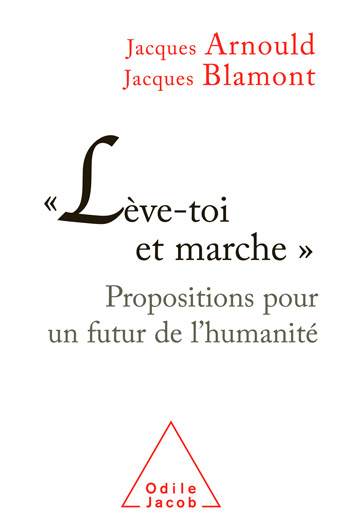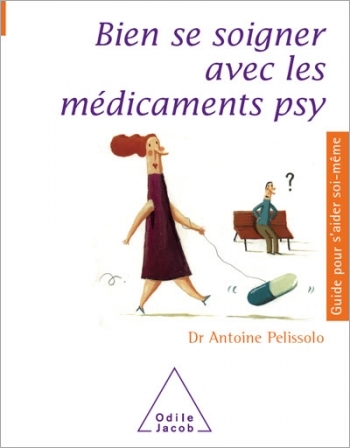Catalog All books
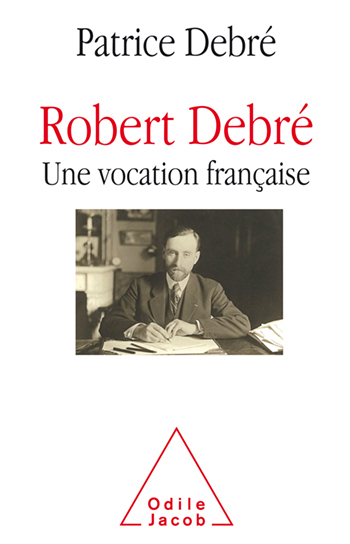
Patrice Debré
Robert Debré, a French vocation A very great physician, a great scientist, a model for the French
The style of the narrative is very upbeat, almost that of a novel. The story of a family that is also a way of restoring the history of France from the beginning of the twentieth century to the present. The reputation of the author, and

Jean-Pierre Mohen
Rites of the Afterlife
Humans define themselves in the way they relate to death. Funerary rites are the manifestation of this essential relationship to the afterlife

Christian Saint-Étienne
Rise Again, France State of emergency
What is to be done to make France succeed again?
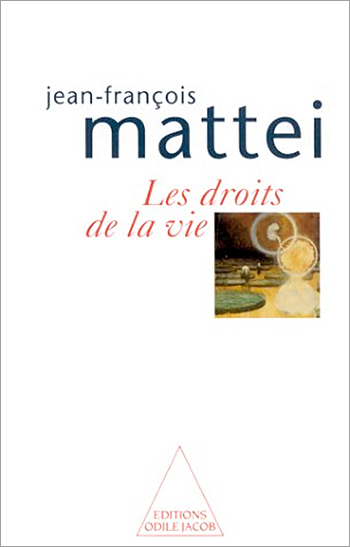
Jean-François Mattei
The Rights of Life
Medically assisted procreation, prenatal diagnostic, organ transplants, genetic testing : all are part of the spectacular progress characteristic of scientific and medical research in the last few years. These new techniques confront us with totally new situations and oblige us to take responsabilities and make difficult choices. Should we do these things just because we can ? Who should decide what to do and on what criteria ? The individual or society ? Doctors or politicians ? This book invites us into a stimulating and incisive thought process concerning the future of medicine.
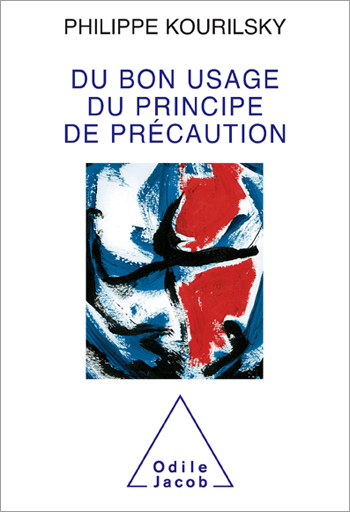
Philippe Kourilsky
The Right Usage of the Precautionary Principle
The precautionary principle is a term so frequently repeated in most spheres of public life that it has become something of a mantra. And yet it remains controversial and has been given many different, and often contradictory, interpretations by its supporters and opponents. For these reasons, the author argues that it is essential to clarify the way the term is used, and this forms the basis of this work. Philippe Kourilsky is the head of the Institut Pasteur and a member of the French Academy of Science.
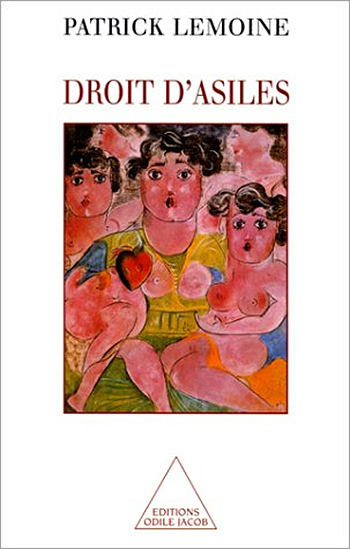
Patrick Lemoine
Right of Sanctuaries
This book is a detailed reconstruction of daily life at the Asile du Vinatier, a psychiatric institution near Lyon, from 1937 to 1945, a period marked by the earliest institutional attempts to treat mental illness. It was also the time when the blindness of administrative rules, the meanness of politicians, and the indifference of society at large resulted in a collective drama: the gradual extermination of mental patients. Patrick Lemoine is a psychiatrist and department head at the Hôpital du Vinatier in Lyon.
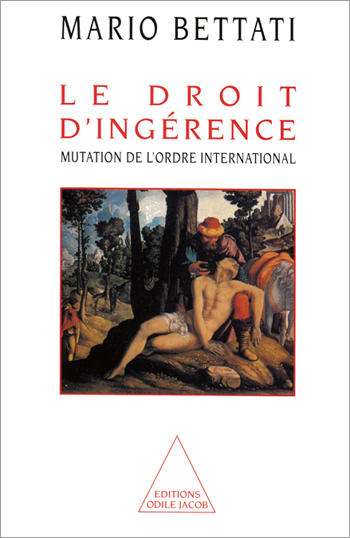
Mario Bettati
The Right of Interference Transformation of International Order
Inventor of the "right of interference", Mario Bettati, a professor of International Law, explains in this book the precise political circumstances and the legal context under which the right of humanitarian interference came about. This book is divided into four parts which follow both a chronological and a logical order. Beginning with interference as verbal denunciation, following with interference as medical assistance, he speaks of forced interference (Yugoslavia, Somalia and Rwanda) and finishes by dissuasive interference (courts for crimes against humanity and conflicts observatories). A thorough presentation of an important subject.
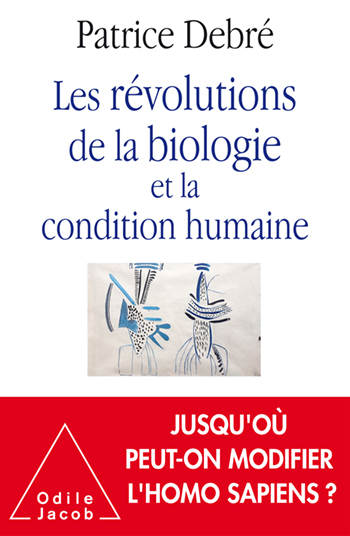
Patrice Debré
Revolutions in Biology and the Human Condition
A reflection on the prowess and the promises of biotechnologies, this text also casts a critical light on the transhumanist project.
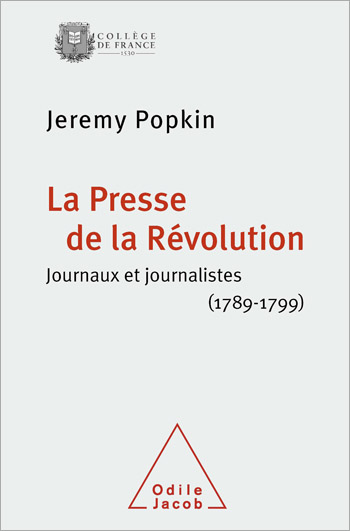
Jeremy Popkin
Revolutionary News The Press In France, 1789-1799
The French Revolution invented a written press of a radically new type, one that was able to transmit to the French...
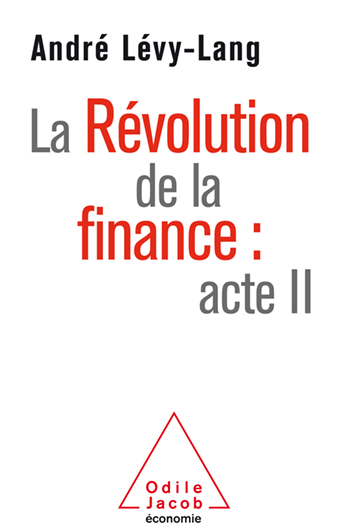
André Lévy-Lang
The Revolution of Finance: Act II
Precise, concrete, this book will enthrall anyone who is interested in economics and finance and in new technologies.

Élisa Brune
The Revolution Of Female Pleasure
The indispensable follow-up to Le Secret des Femmes 1: answers to your questions, innovations to be discovered, advice and scientific findings


